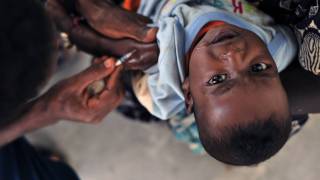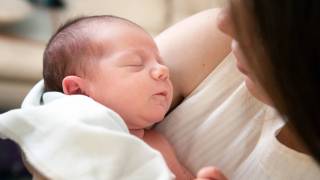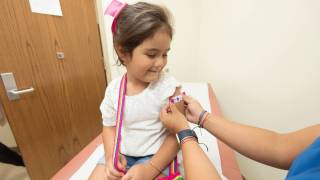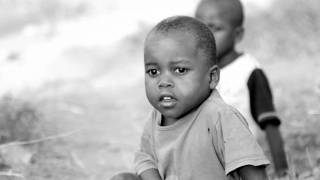Anti-Vaxxers Losing Ground, Except in Texas
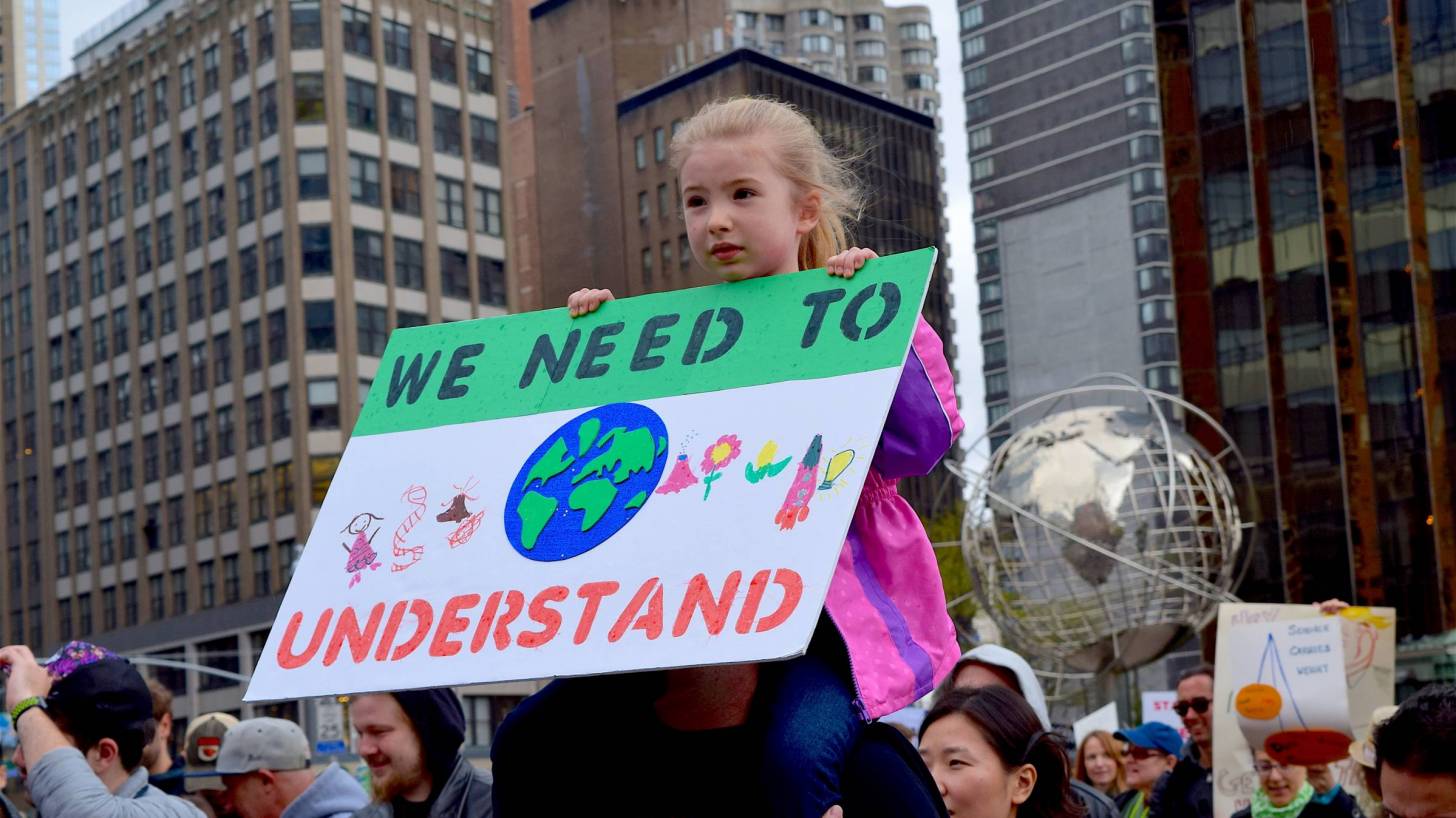
There is new evidence that fewer parents are refusing to vaccinate their kids, at least in most states.
Vaccine refusal rates appear to have leveled off at 2 percent between 2013 through 2016, researchers reported in the journal Open Forum Infectious Diseases.
Why the change?
In recent years, the efforts to address the increase in nonmedical exemptions have intensified. Associations, such as American Academy of Pediatrics, and state health departments have disseminated resources to address vaccine hesitancy and refusals.
But, 48 states and the DC still offer various non-medical exemptions to vaccines.
This study found the rate of vaccine exemptions was 2.41 times higher in states allowing both religious and philosophical exemptions.
In Texas, for example, this report highlights that between 2003 and 2016, there’s been a 19-fold increase in vaccine refusals.
Texas is one of the states that allows parents to get both religious and philosophical vaccine exemptions.
This combination may be the source for increased vaccine refusals.
Before the middle of the last century, diseases like whooping cough, polio, measles, Haemophilus influenzae, and rubella struck hundreds of thousands of infants, children and adults in the U.S, reports the Centers for Disease Control and Prevention (CDC).
Thousands died every year from these diseases.
As vaccines were developed and became widely used, rates of these diseases declined until today most of them are nearly eliminated in the USA.
Given these successes, it might seem reasonable to ask, “Why should we keep vaccinating against diseases that we will probably never see?”
Here is why.
Most vaccine-preventable diseases are spread from person to person. If one person in a community gets an infectious disease, he can spread it to others who are not immune, says the CDC.
But a person who is immune to a disease because she has been vaccinated can’t get that disease and can’t spread it to others.
The more people who are vaccinated, the fewer opportunities a disease has to spread.
Here is an example from Japan.
- In 1974, about 80 percent of Japanese children were getting pertussis (whooping cough) vaccine. That year there were only 393 cases of whooping cough in the entire country, and not a single pertussis-related death.
- Then immunization rates began to drop, until only about 10 percent of children were being vaccinated. In 1979, more than 13,000 people got whooping cough and 41 died.
- When routine vaccination was resumed, the disease numbers dropped again, reported the CDC.
In addition to protecting the individual, vaccines protect communities from outbreaks of disease by creating herd immunity. Highly contagious illnesses such as measles require 90-95 percent coverage.
This means, when the overall population is less-immunized, diseases like measles have the potential to cause serious disease outbreaks, reports Texas Children’s Hospital.
Funding: This project was supported in part by NIH grant K01AI106961 (Bednarczyk). The funder had no role in the design and conduct of the study; collection, management, analysis, or interpretation of the data; or preparation, review, or approval of the manuscript. Conflicts of Interest In the past, Dr. Salmon has served as a consultant for Merck, and conducted sponsored research for Crucell and Pfizer. All other authors have no conflicts of interest to report.
Our Trust Standards: Medical Advisory Committee








